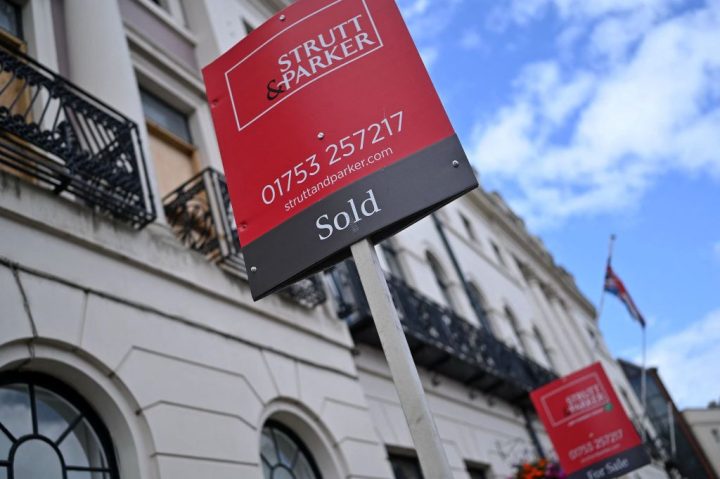The thing about having three prominent house prices indices, all of which publish monthly figures, is that they are forever telling conflicting stories. Indeed, today’s Nationwide index, itself, nods in two different directions: prices were down 0.2 per cent in March, but the annual gain in prices was up from 1.2
Already a subscriber? Log in
Subscribe for just $2 a week
Try a month of The Spectator Australia absolutely free and without commitment. Not only that but – if you choose to continue – you’ll pay just $2 a week for your first year.
- Unlimited access to spectator.com.au and app
- The weekly edition on the Spectator Australia app
- Spectator podcasts and newsletters
- Full access to spectator.co.uk
Or





















Comments
Don't miss out
Join the conversation with other Spectator Australia readers. Subscribe to leave a comment.
SUBSCRIBEAlready a subscriber? Log in